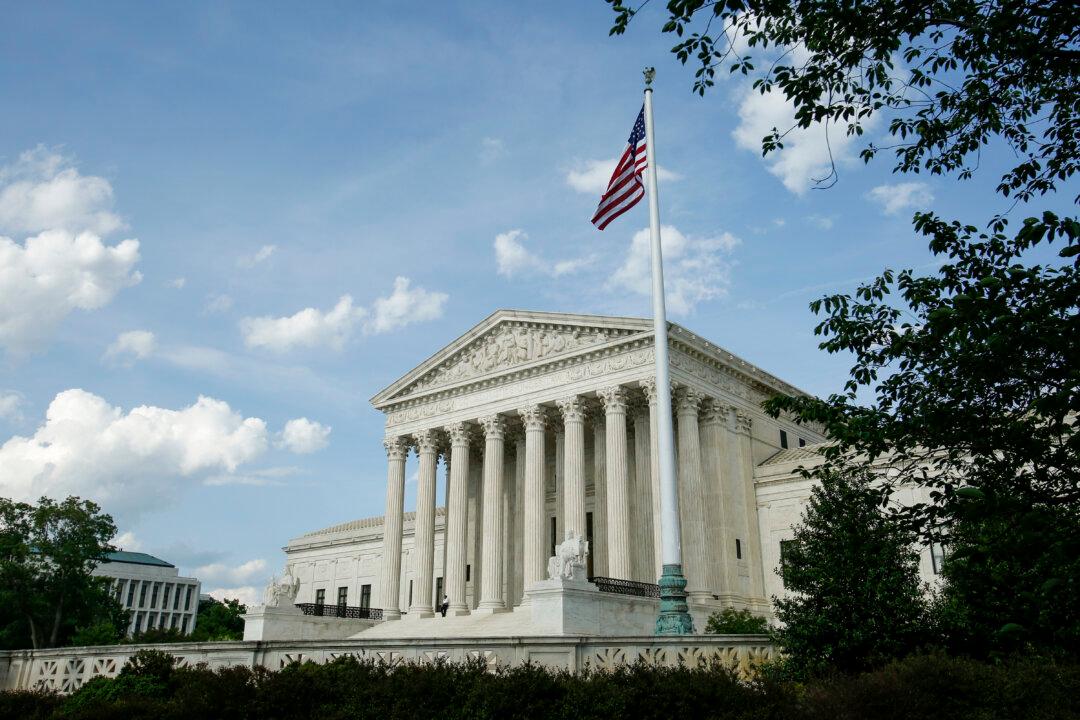Three states and a group of immigration organizations have asked the Supreme Court to not intervene in cases regarding the implementation of a new “public charge” rule and instead let the cases play out in the courts.
The public charge rule, which was issued in 2019, provides clarification about what factors would be considered when determining whether someone is likely at any time in the future to become a public charge. A public charge refers to an individual who is likely to become primarily dependent on the government for subsistence through assistance such as food stamps or Medicaid.




